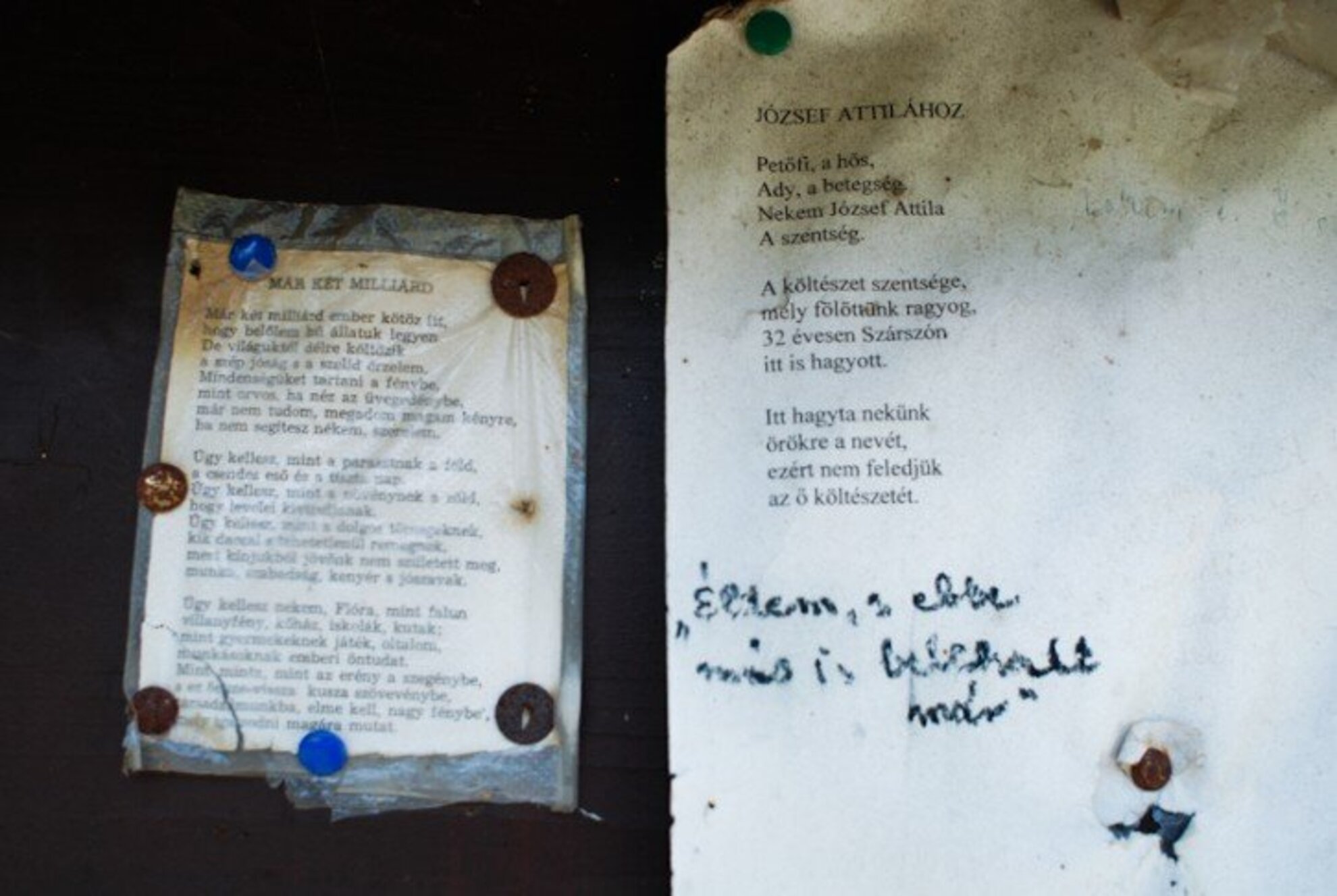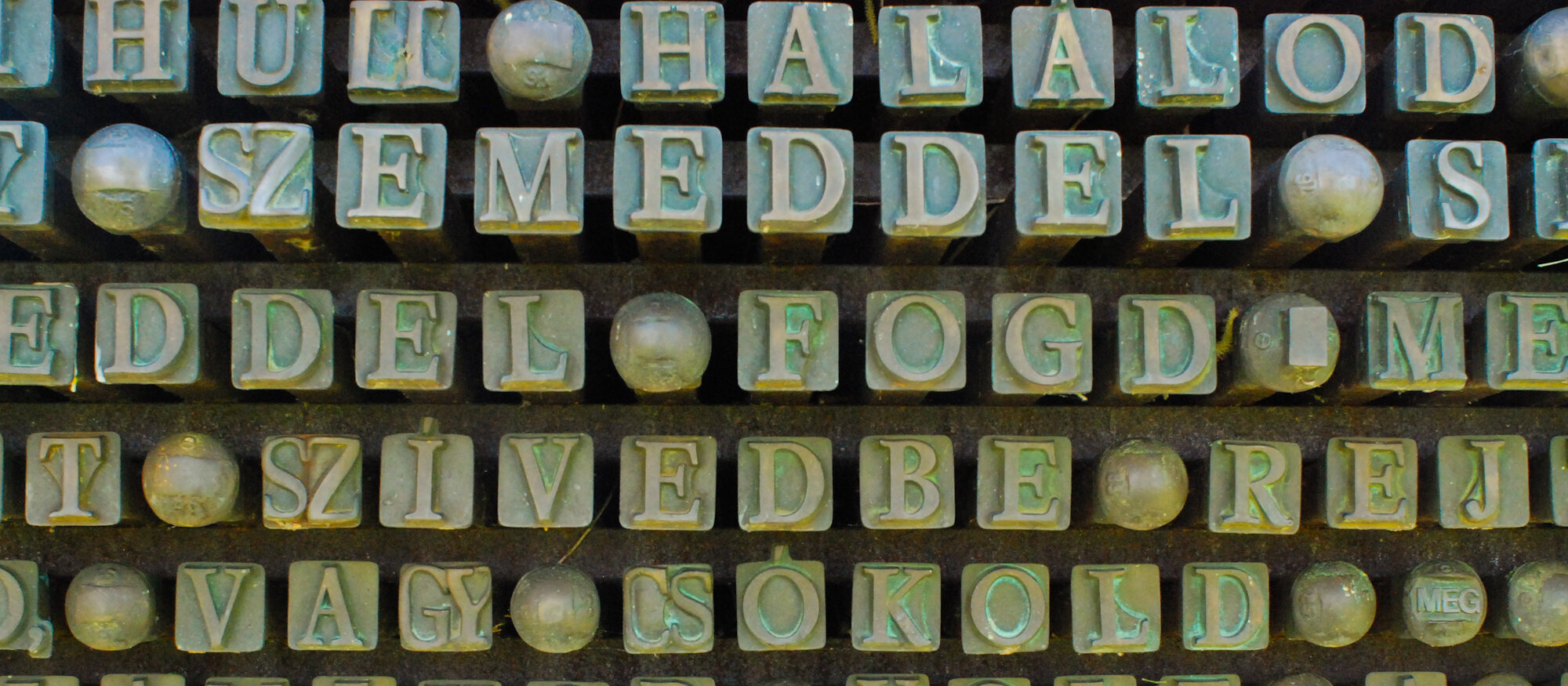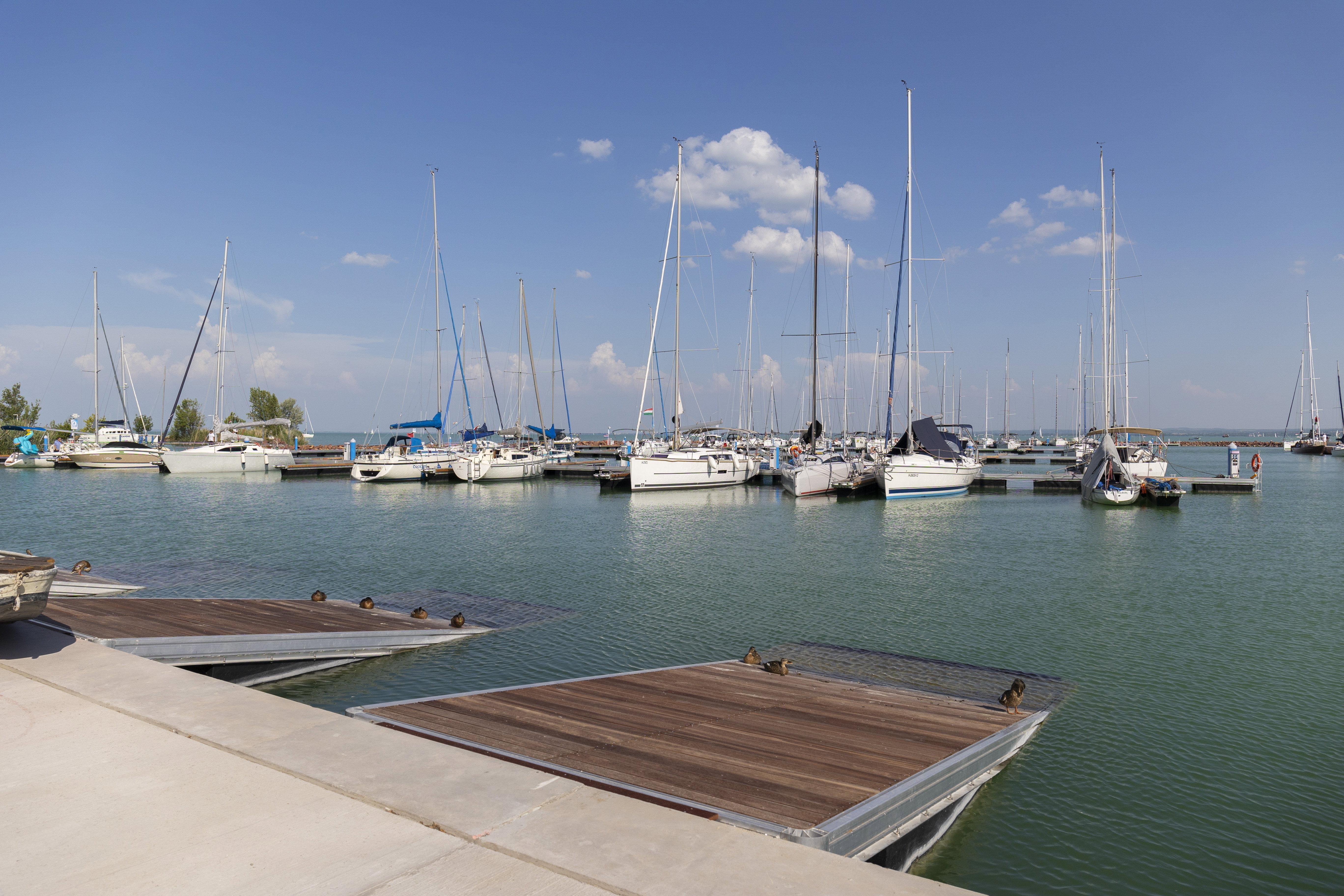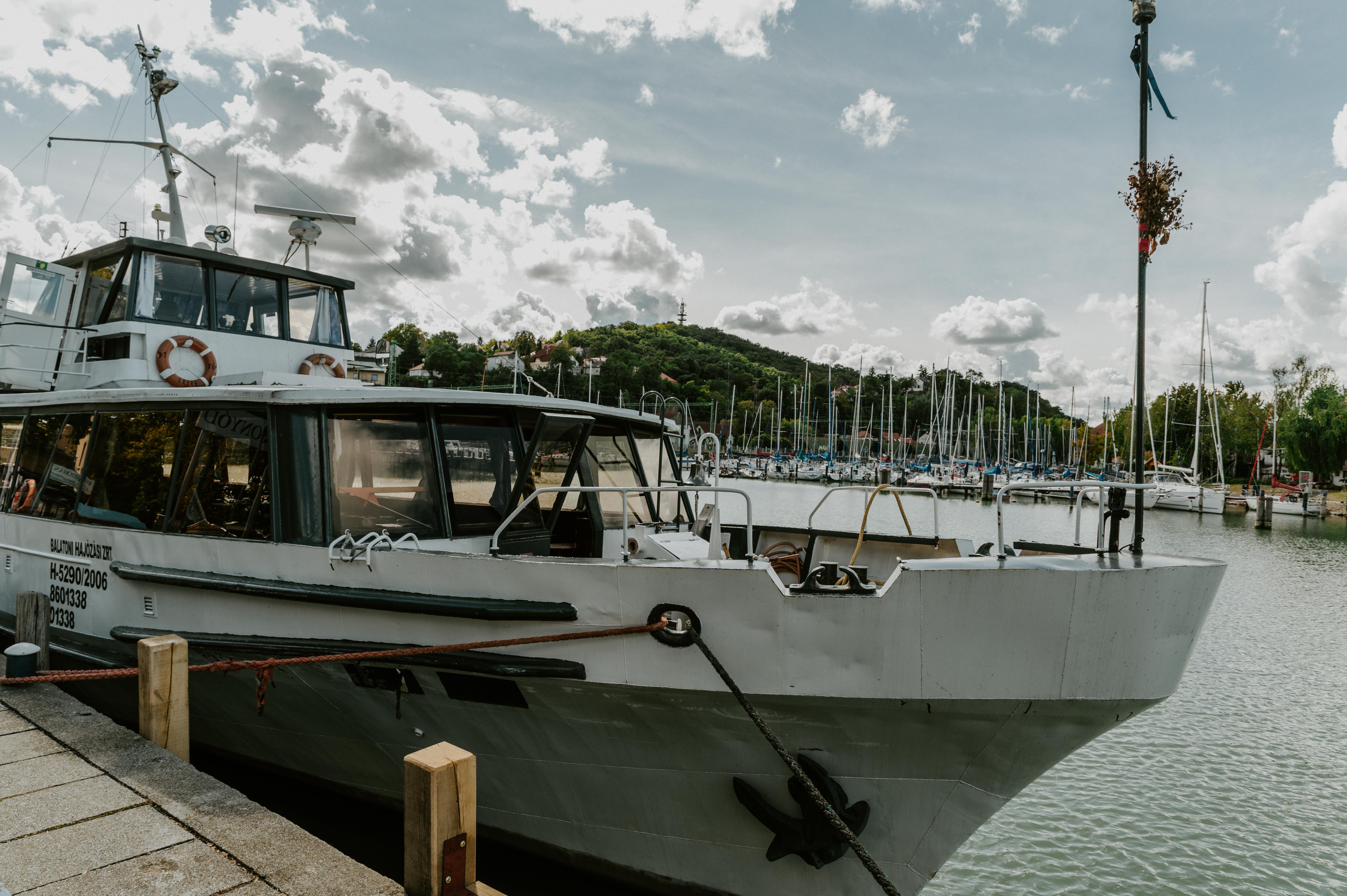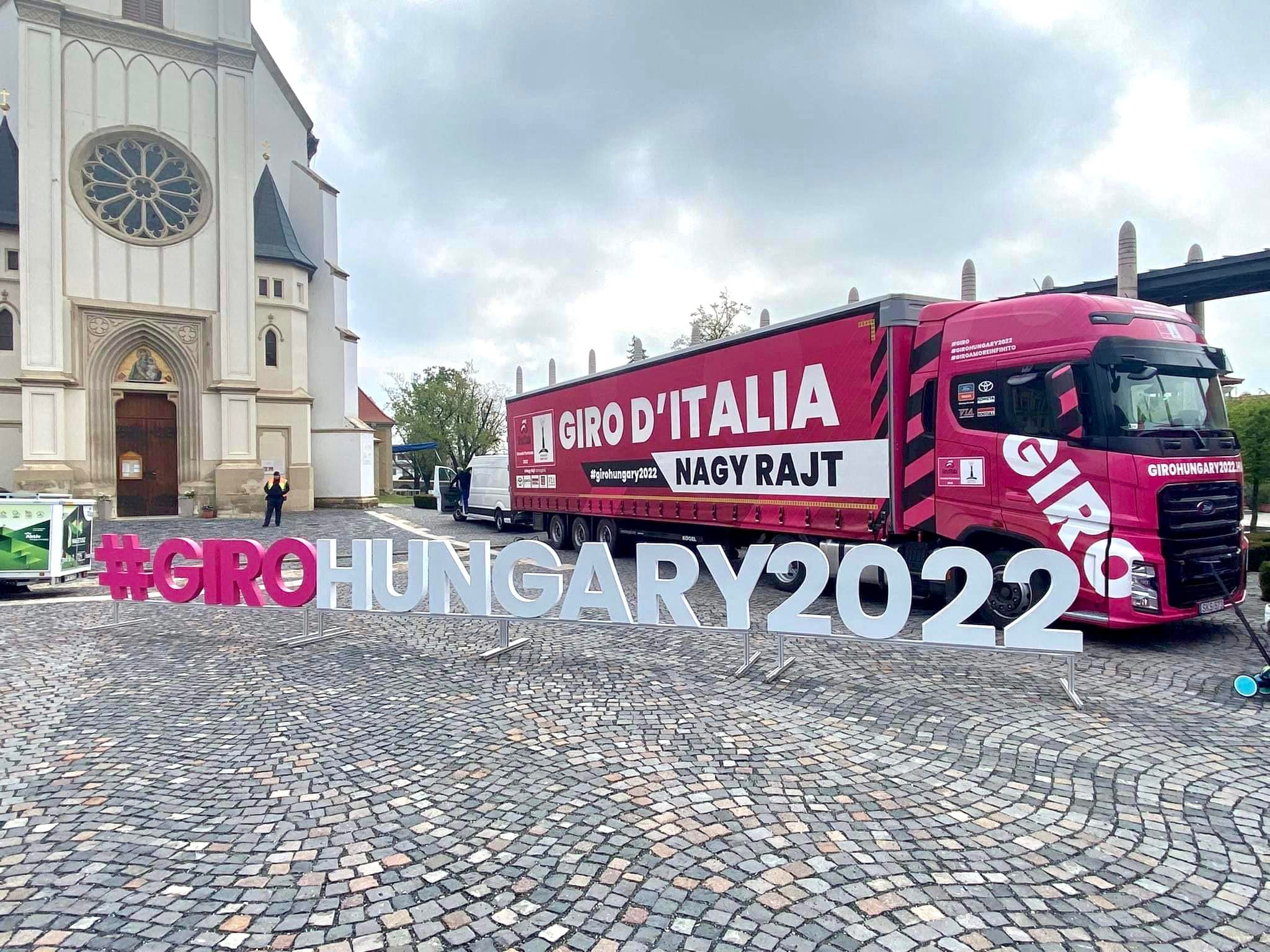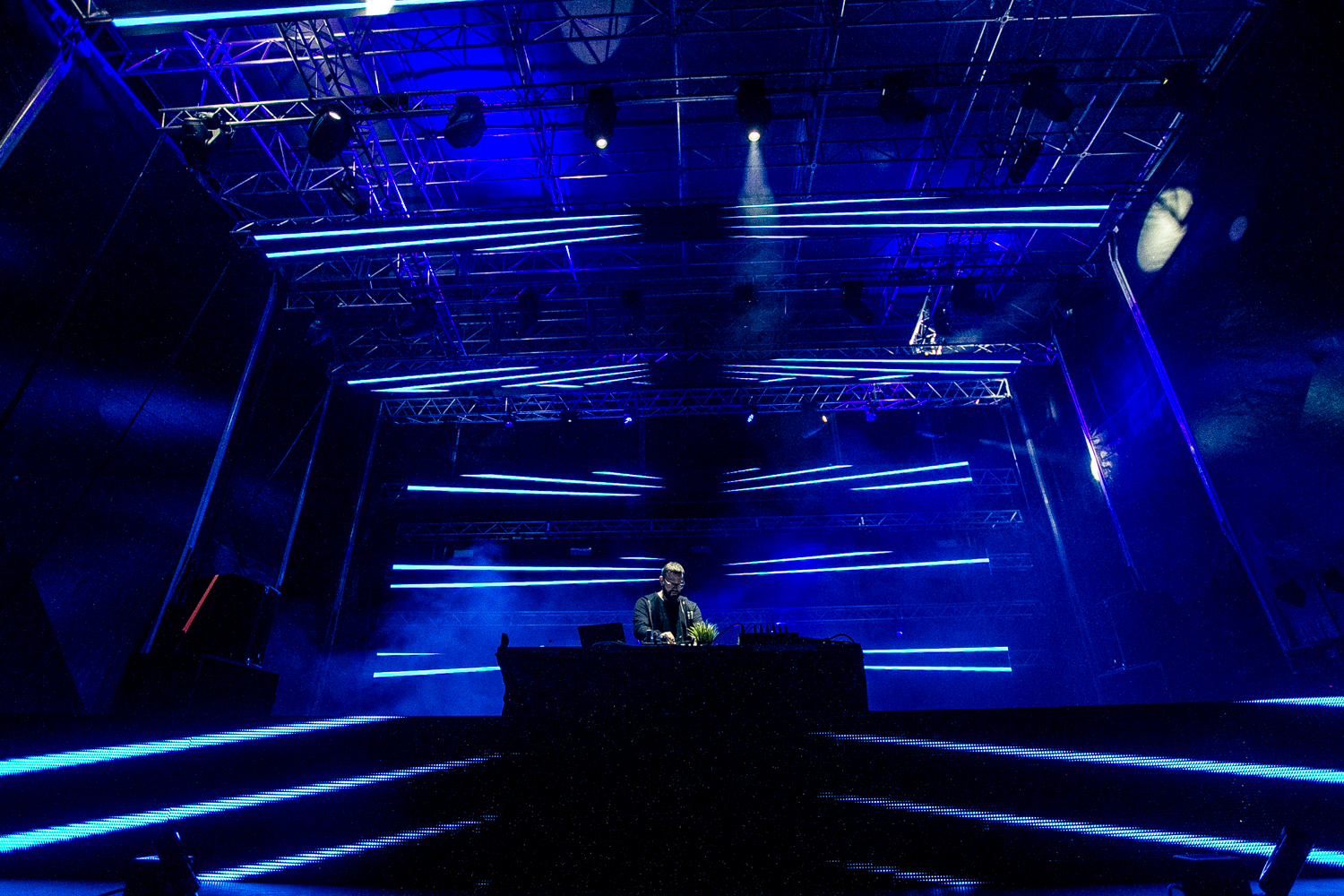Balatonszárszó, where Attila József lived, died and listened to gypsy music. Places, where you will find memories of the poet. Do not miss the memorial house and the statue on the shore. Photo report.
Attila József set out from the one-time Horváth pension on his last walk on 3 December 1937. The street where the building stands bears the name of the poet today, while the building itself is home to the Attila József Memorial House and its interactive exhibition that is definitely more enthralling than dust-covered objects.
The memorial exhibition puts the person of the poet in the focus instead of his poems. Handwritten pages, reminiscences written on the walls, psychological notes - the impressions of Attila József's tragically difficult personality.
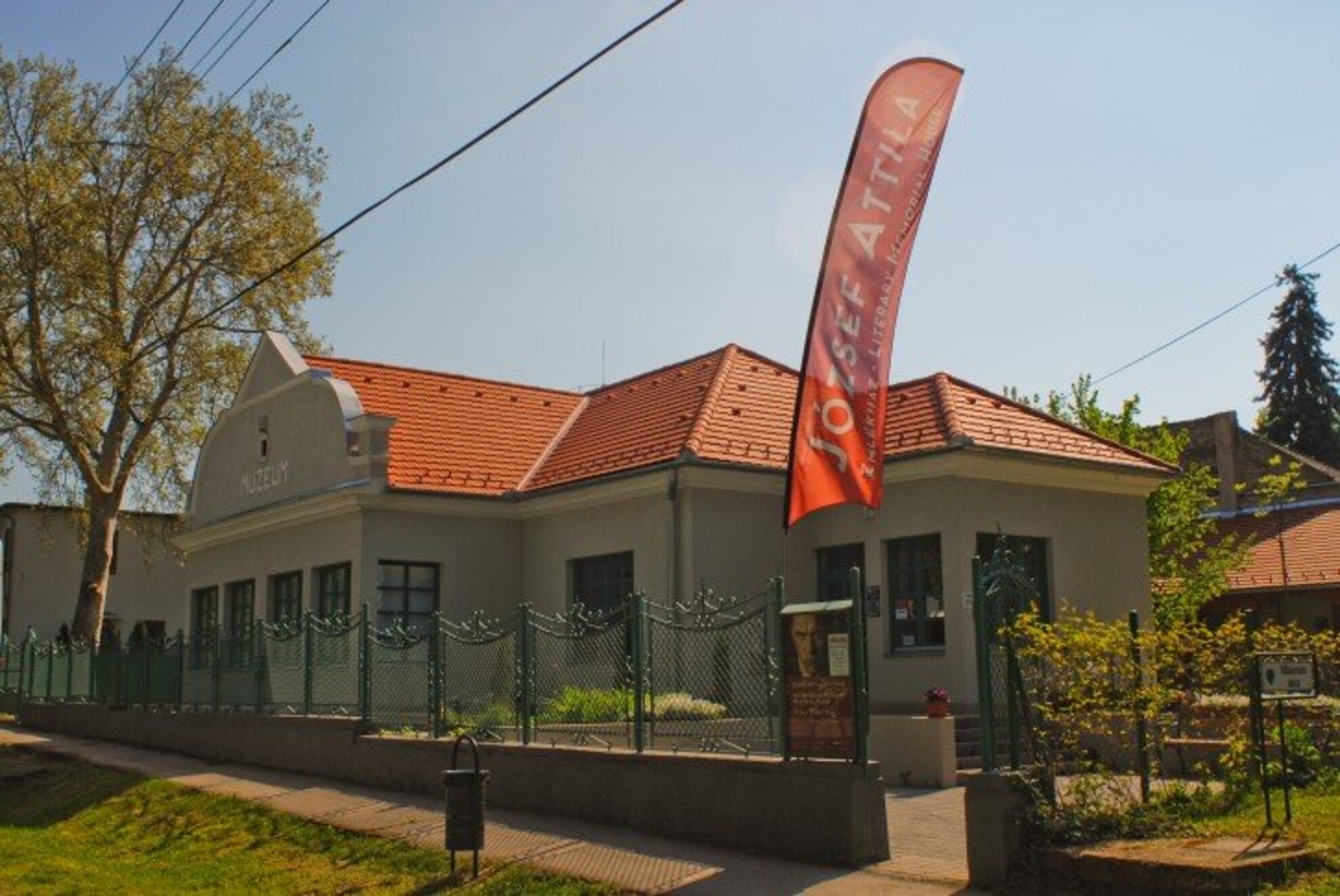
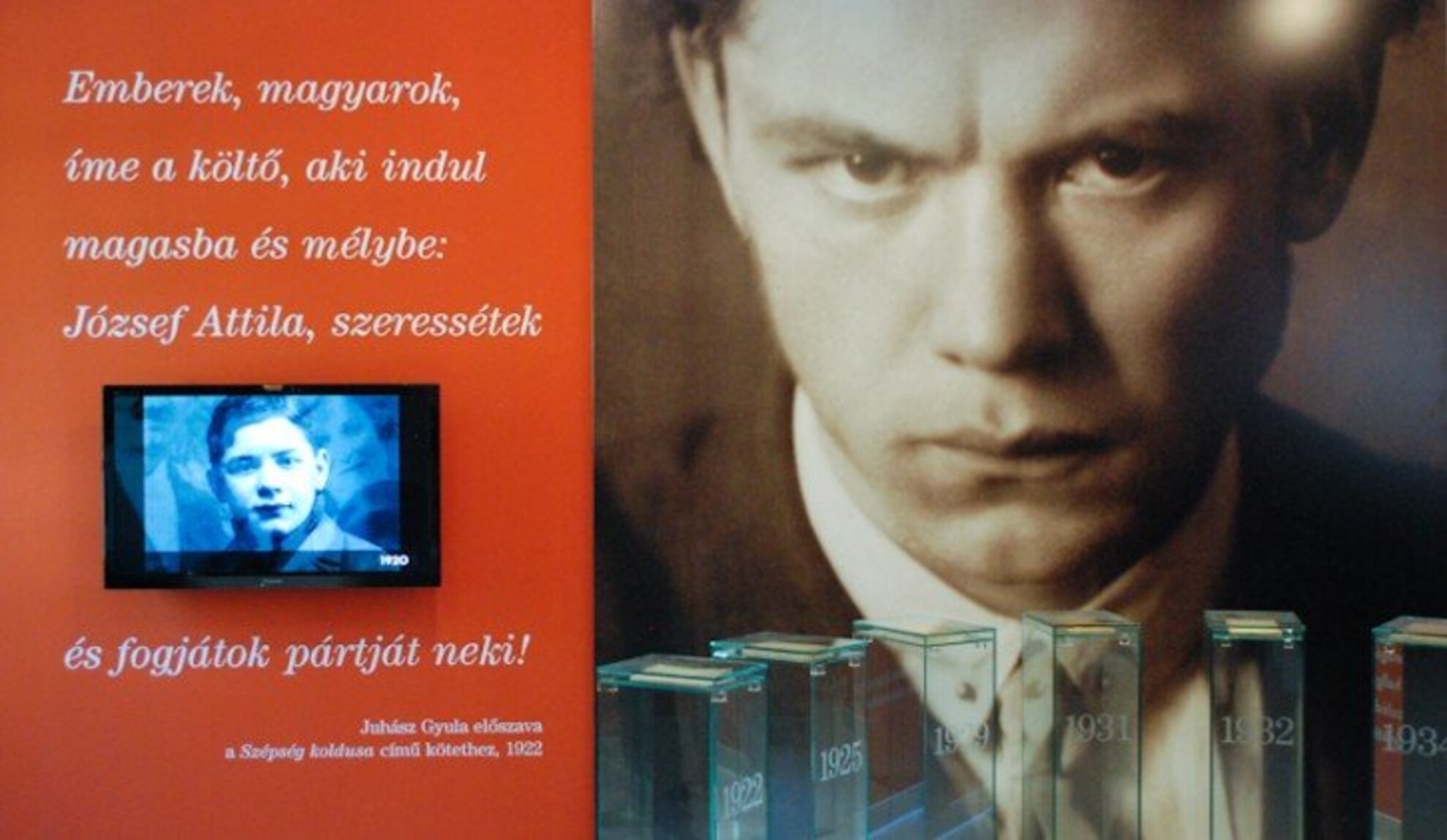
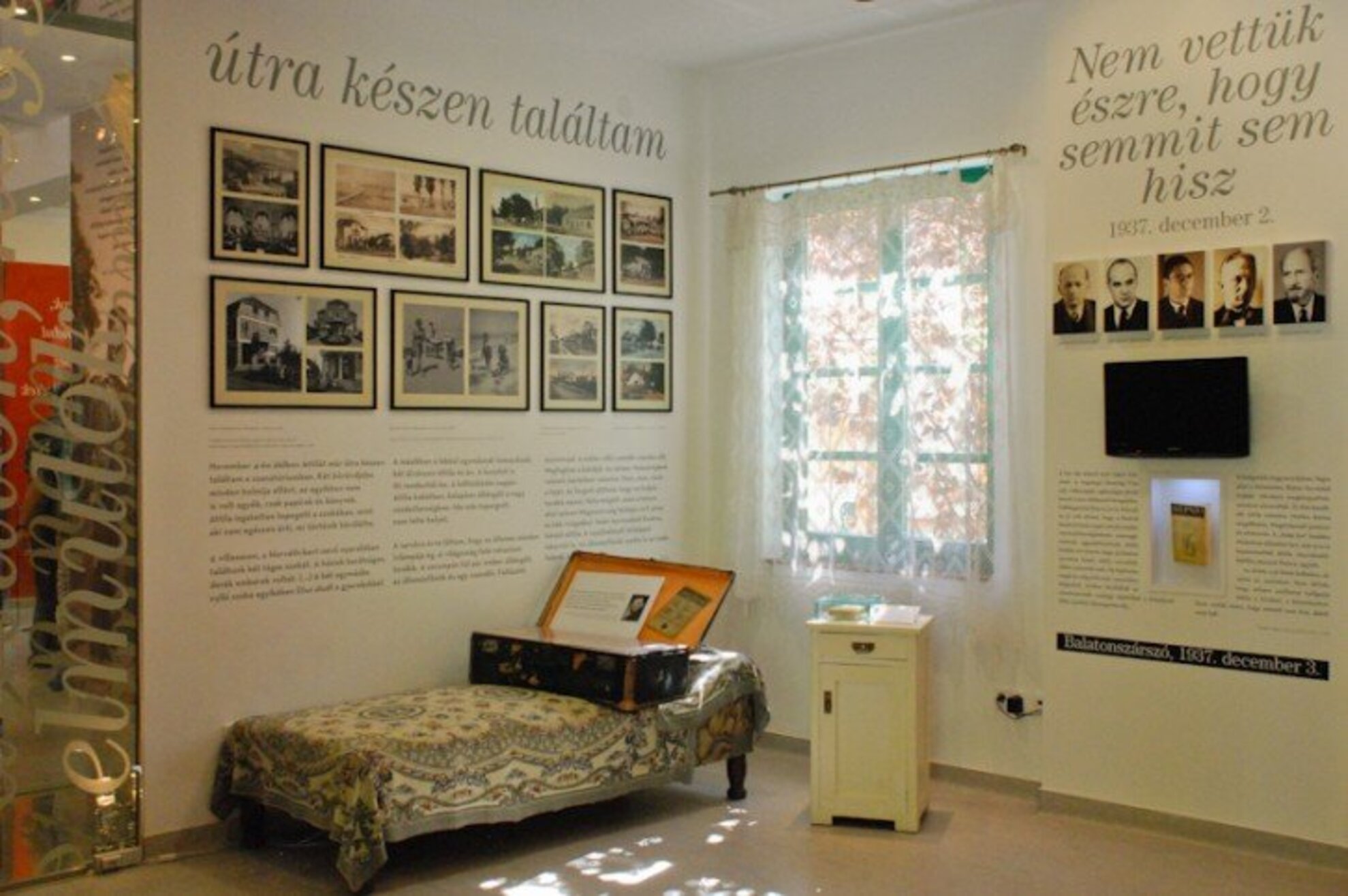
A corner of the memorial house brings back the one-time Balatonszárszó, where Attila József spent the last month of his life. The poet visited relatives who lived here. He spent almost his entire life as a guest of acquiantances and relatives.
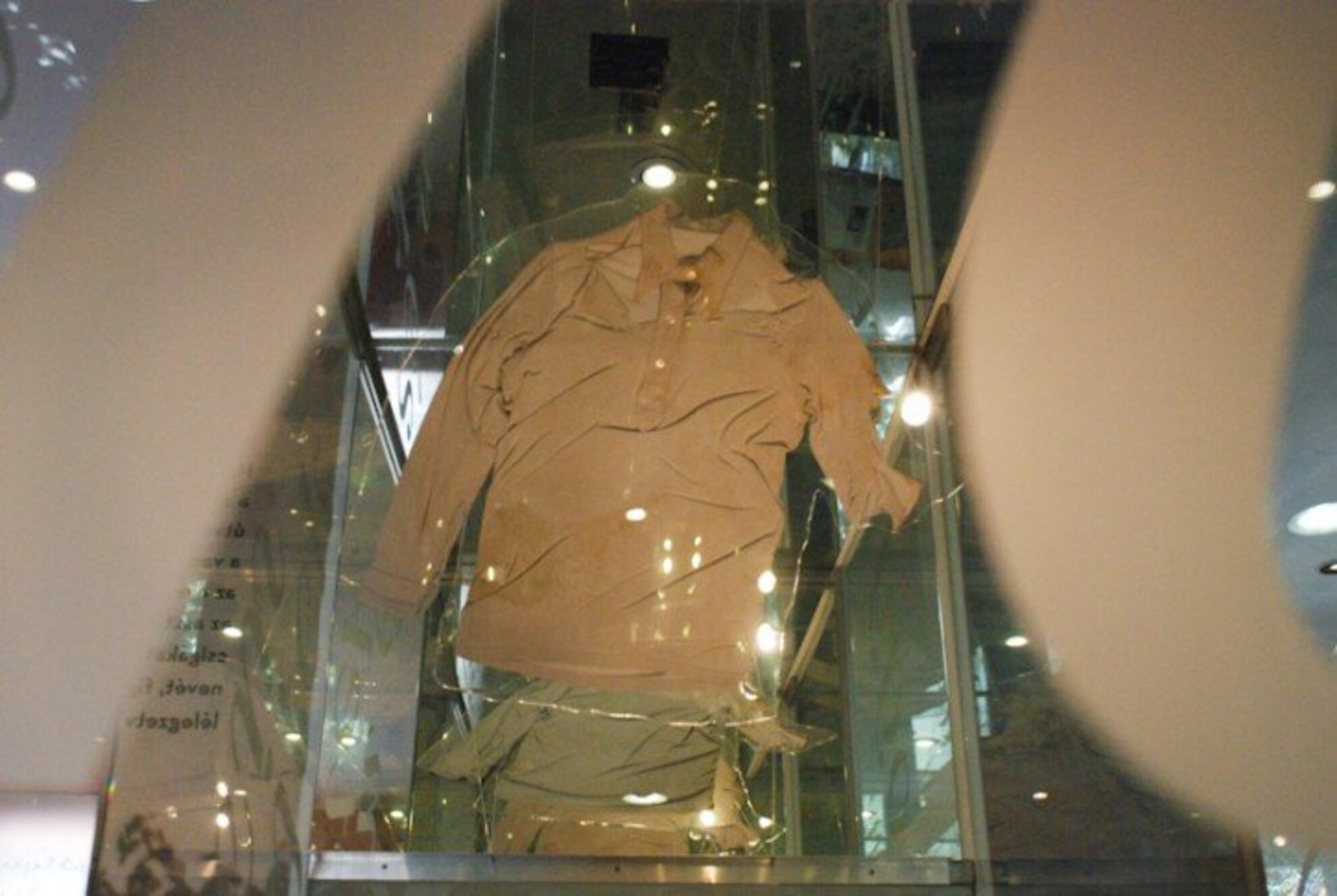
The shirt the poet wore at the time of his death. The train station towards which he walked on the day of his death is only two minutes from the house. He was in good humour that day, people claim.
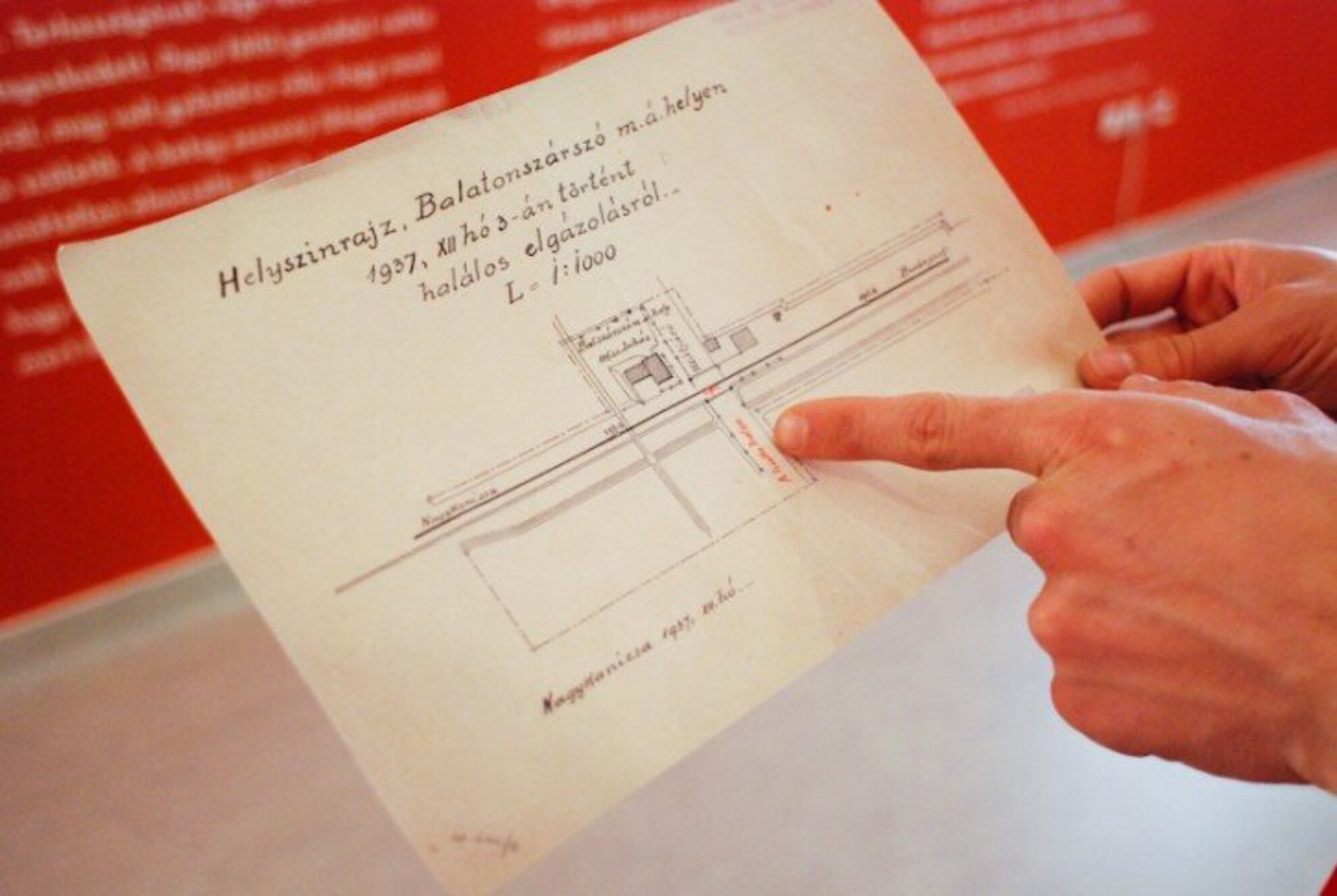
'The location of the corpse.' You can hold the copy of the impersonal sketch of the death scene from the investigation of the train accident in your hand. It is still unsure whether it was an accident or the poet climbed under the freight train on purpose.
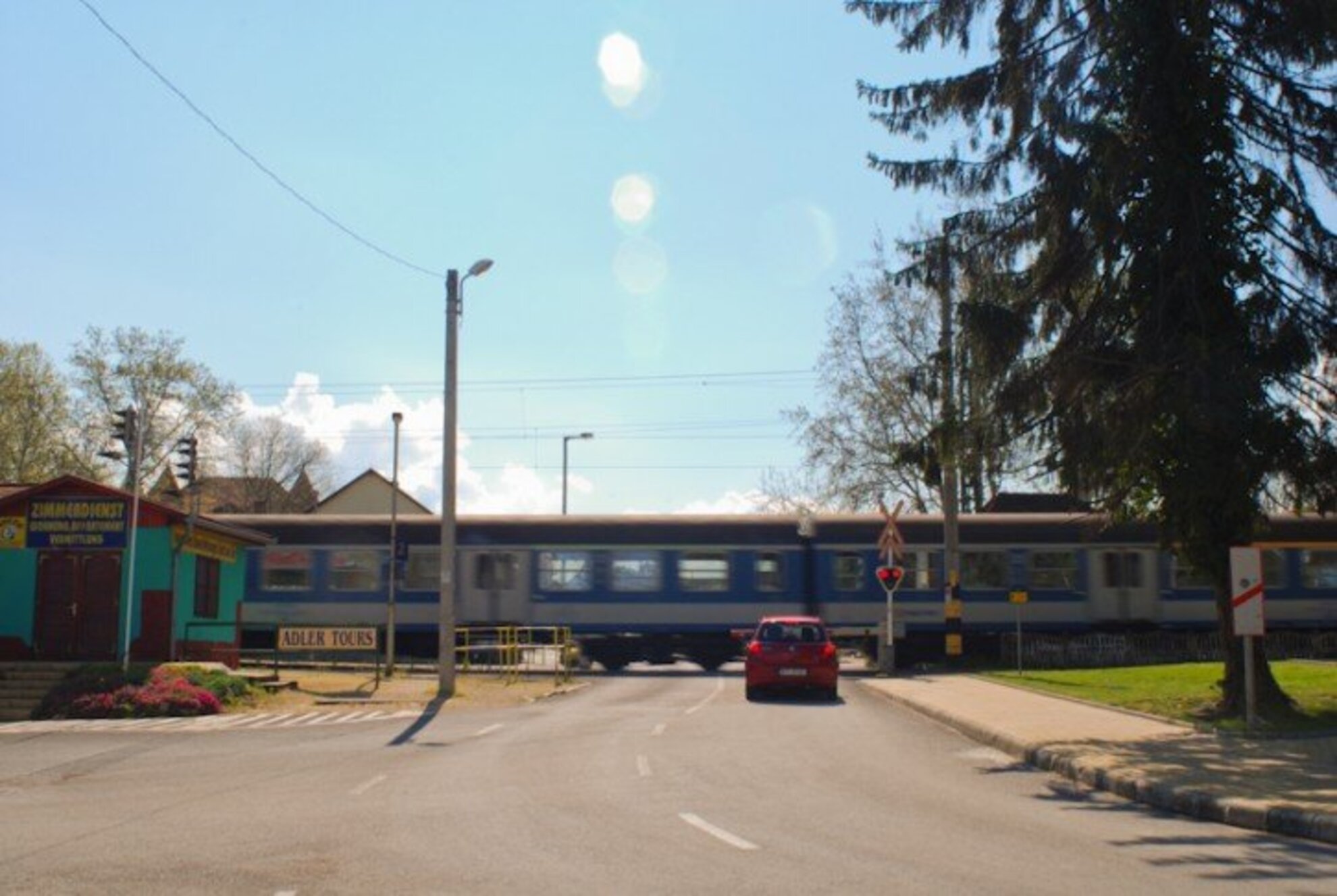
The death scene, a level crossing is still in use today. The body of the poet was concealed with the map of Hungary's railroad network from the station building. The train station has since been moved from the right side of the picture to its current location.
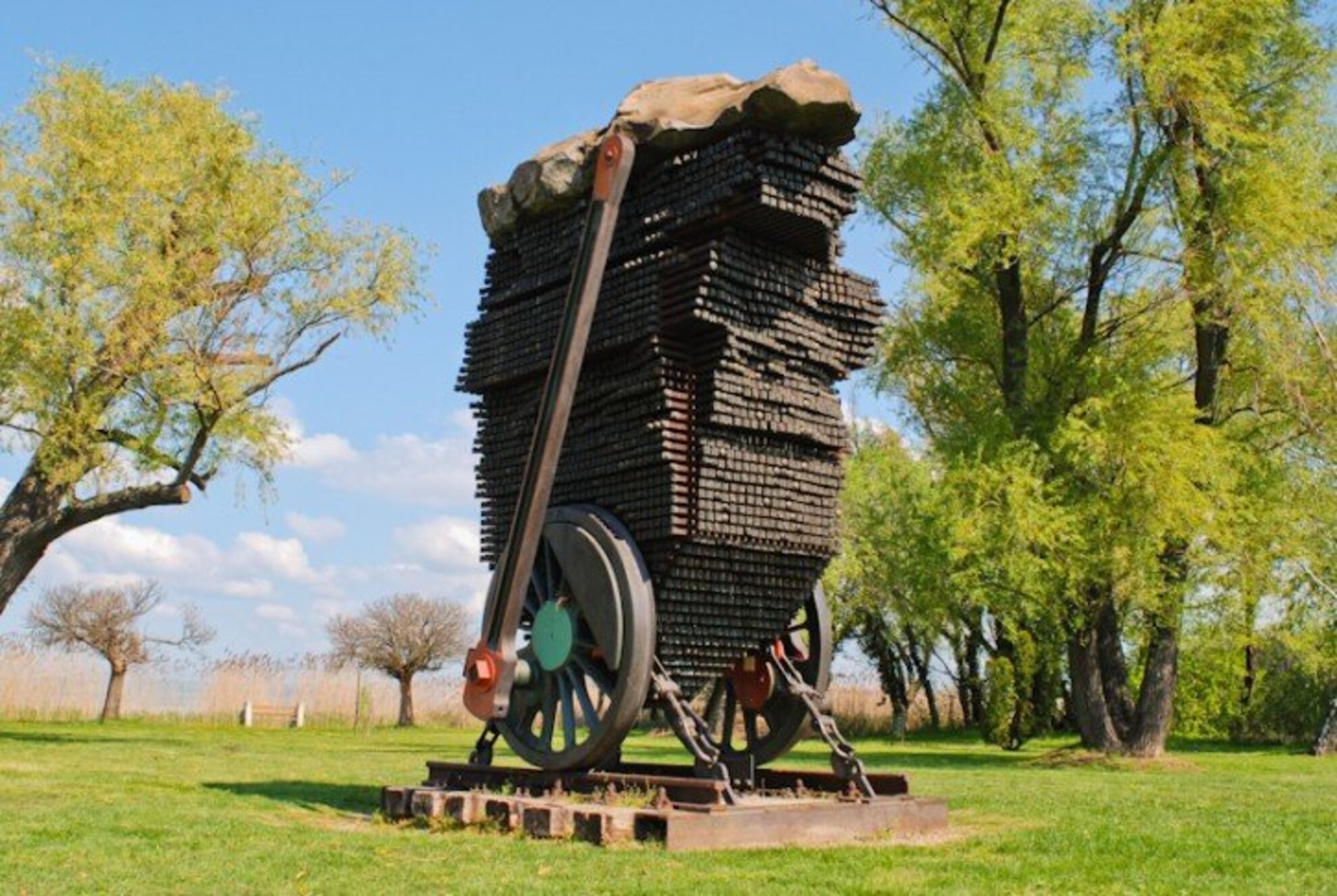
The poignant memorial of Attila József stands on the shore, by the level crossing. Train wheels, lines from poems and a huge slab of rock. Although the looming construction has an intimidating effect on the onlookviewer, the peace of the surroundings relieves the tension.
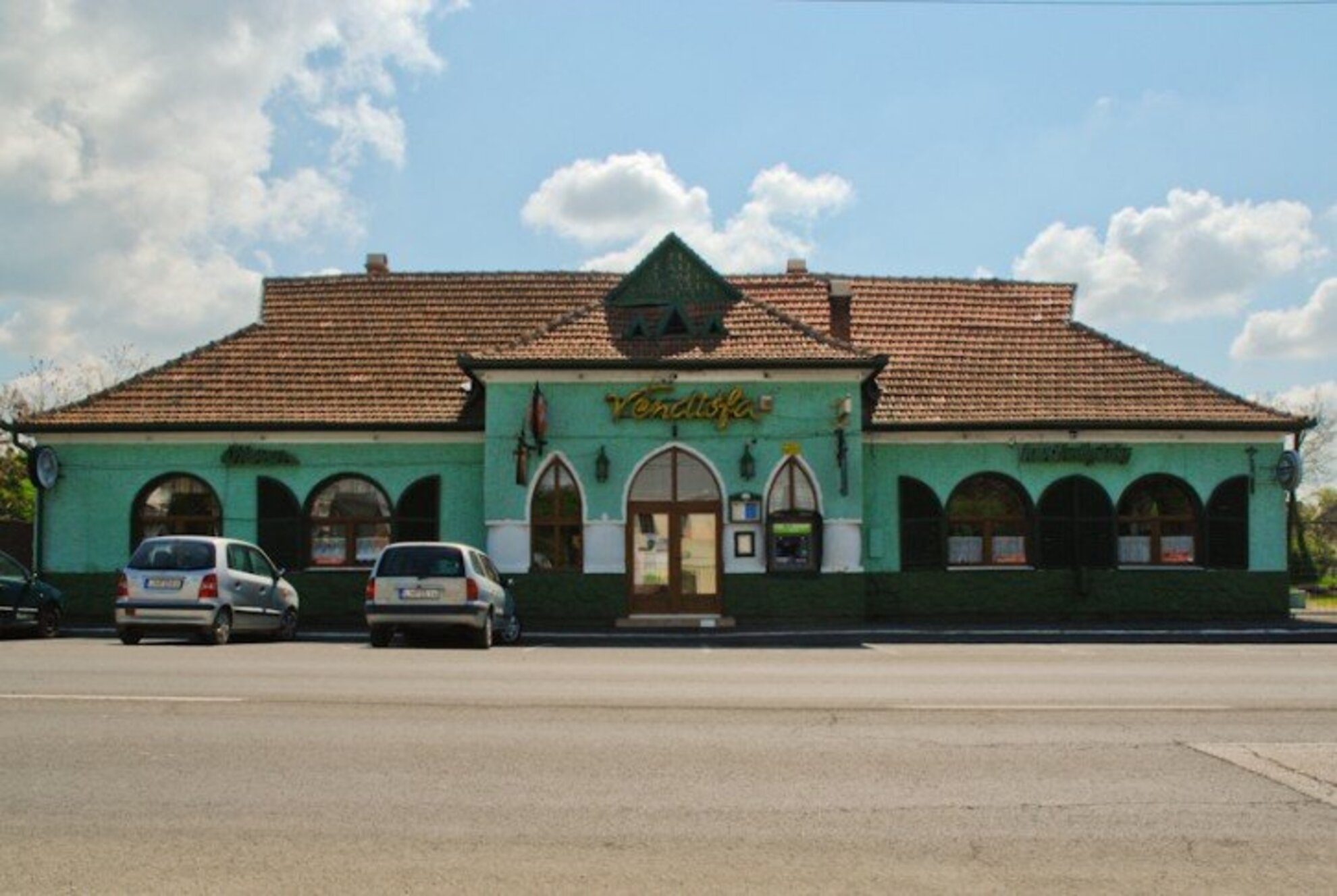
Véndiófa is a widely known csárda at the Balaton; it stand in the centre of Balatonszárszó, by Main Road 7. According to an anecdote, gypsy musician Jenő Váradi played here for Attila József, who told him: 'Do you know what we are? Gold in the mud.' Véndiófa was closed and has been reopened, but lost its garden. Its popularity was charmed away by the Anno Taverna restaurant, just 100 meters away.
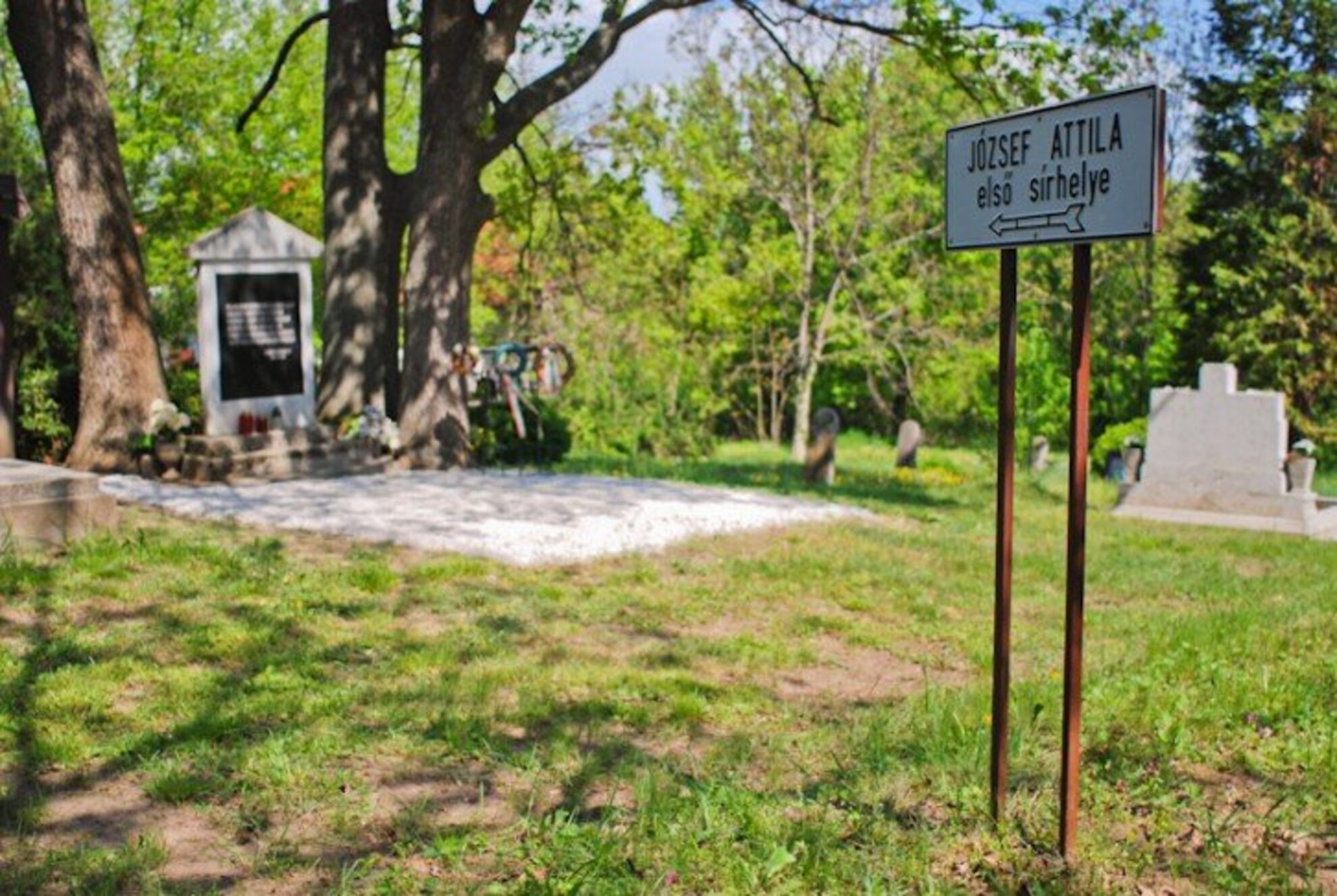
Attila József was first buried in the old cemetery of Balatonszárszó. His remains were later moved to the Kerepesi Cemetery in Budapest; his one-time grave in Szárszó is a memorial site. The cemetery is found at the Balatonföldvár-end of Balatonszárszó, by Main Road 7. There are direction signs leading to the memorial site.
